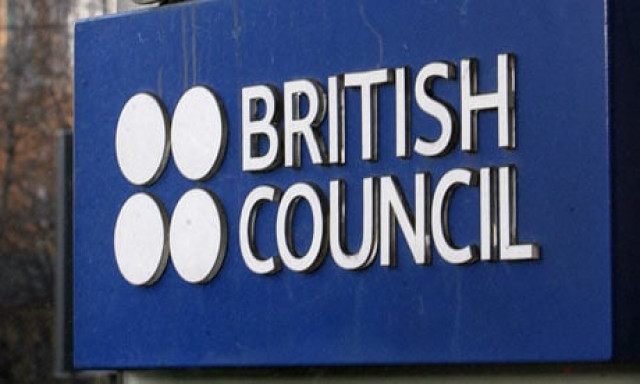Exploring gender discrimination in workplaces
Experts decry lack of female participation in workforce, barriers to career growth

PHOTO: AFP/FILE
Female Pakistani academics and professionals were speaking at a discussion, titled 'Women in Science - Opportunities and Challenges', where they shared their experiences.
According to professor of neuroscience at Karachi University's (KU) Dr Panjwani Centre for Molecular Medicine and Drug Research, Dr Darakshan Jabeen, as a candidate for vice-chancellor (VC), people often told her that women could not be VCs.
‘Women should be given equal rights’
Out of 16 engineering departments at Mehran University of Engineering and Technology (MUET), there are only five female professors and one female head of a department, lamented MUET, Jamshoro, chemical department professor Dr Khadija Qureshi. She said that she is the first female PhD in Pakistan in chemical engineering and the first female professor at the university.
"I was once asked [if] I [could] be chosen as the head of department so I replied if Benazir could be [the] prime minister of Pakistan, then why can't I become the female head of a department," said Dr Qureshi.
However, talking about opportunities, Dr Jabeen maintained, "Women are more into biological sciences and less into mathematical sciences due to cognitive differences." She added that they prefer to remain more dedicated to the academia than working in the industry due to lack of research activities.
#Momentum17 CIRCLE creates women start-up hub
Assistant professor at the Hussain Ebrahim Jamal Research Institute of Chemistry at KU's International Centre for Chemical and Biological Sciences, Dr Hina Siddiqui, while responding to a question regarding the lack of role models for women, said, "It's not always necessary that a women has a female role model. Men can also be role models. In my case, my brother is my role model since he developed the scientist in me during my school days."
Dr Jabeen added that teaching methods should be changed in addition to incorporating new methods so that students can develop an interest in subjects they previously were uninterested in. She said an enabling environment should be developed for women. "If there can be a mosque in every organisation then why not a day-care to give mental satisfaction to all the mothers working there?"
She also remarked that the issue of the untapped workforce that is sitting at home doing nothing can be resolved by introducing flexible working hours and salaries. "Furthermore, organisations should encourage women who want to come back after spending a few years raising their children," she added.
A fair chance: ‘Govt committed to women education’
Dr Qureshi said that part of the reason why women remain stagnant throughout their careers is because they cannot find a balance between their personal and professional lives.
The director of British Council's research, evaluation and monitoring unit and moderator of the session, Dr Maryam Rab, said gender parity is a recent phenomenon as more women are pursuing graduate and postgraduate degrees. According to her, there are more than 50% girls pursuing higher education but unfortunately only 23% of the workforce in Pakistan is female, which needs to be corrected.



















COMMENTS
Comments are moderated and generally will be posted if they are on-topic and not abusive.
For more information, please see our Comments FAQ